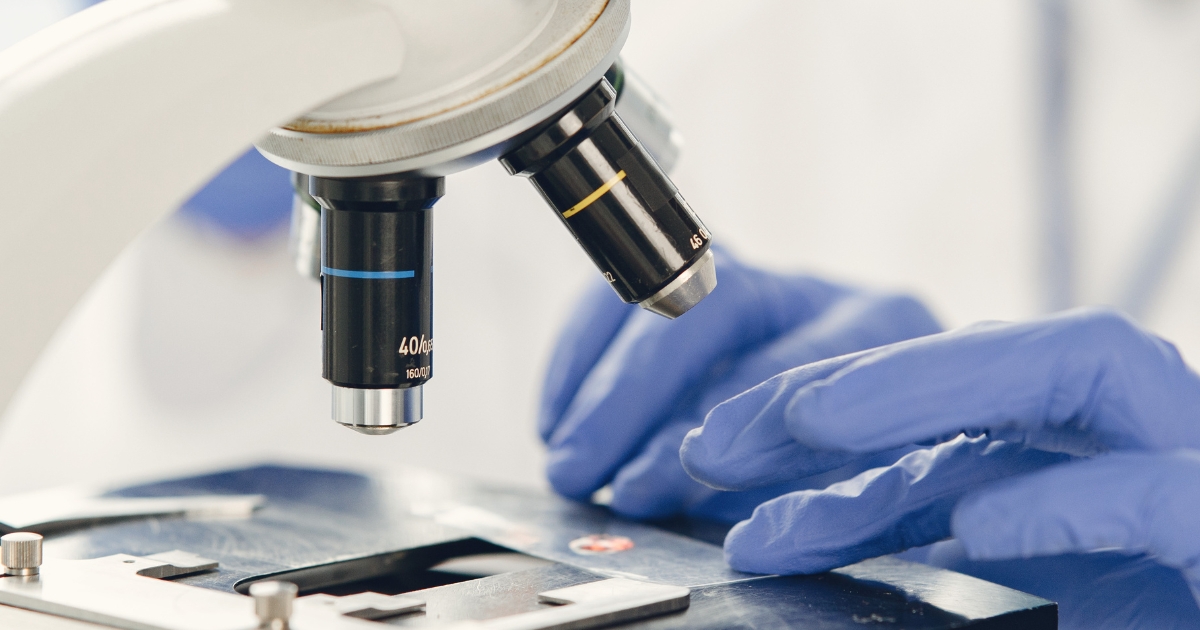As part of EUmetriosis research activities, we are conducting a comprehensive immunological analysis to better understand the role of the immune system in the pathogenesis of endometriosis – debilitating and underdiagnosed condition that significantly affects the quality of life for millions of women. Our goal is to identify distinct immune cells signatures that differentiate individuals with endometriosis from the group without the disease. This gives us a broader view of the immune landscape in endometriosis and helps us piece together how immune imbalance might contribute to the development and progression of the disease. – WP19 Team
How the Immune System Shapes Endometriosis
As part of the EUmetriosis project, researchers at the Medical University of Lublin, led by professors Iwona Wertel and Marek Gogacz, are exploring how the immune system may contribute to the development and persistence of endometriosis.
Endometriosis is a complex disease that affects millions worldwide and one of the key challenges is understanding why the body allows endometriosis tissue to grow outside the uterus. One of the possible factors is changed immune response against endometrial implants in patients with the disease. Our findings aim to shed light on how immune dysfunction contributes to the development and persistence of endometriosis.
What the Study Is About
This research is a key part of EUmetriosis’ mission to uncover the biological mechanisms behind endometriosis and ultimately improve diagnosis and treatment for patients across Europe.
By comparing blood samples from volunteers with endometriosis and non- endometriosis individuals the team hopes to identify patterns in immune cell activity that could explain why the disease develops and why it can be so persistent.The research team is focusing on changes in percentages, activity, or phenotypes of different types of immune cells and secreted cytokines in patients with endometriosis in comparison to individuals without endometriosis.

How This Research Supports EUmetriosis Goals
This immunological aspect directly contributes to EUmetriosis’ objective of looking at the epigenetics and microbiome side. By analysing immune cell activity and identifying potential biomarkers, the team are trying to understand disease challenges, develop new diagnostic tools, and integrate biological insights into better data models.
Where the Research Is Now
The project has received ethical approval, and patient recruitment is underway. The next steps will involve analysing blood samples using advanced flow cytometry, which allows researchers to examine immune cell types and the signals they send.
Why This Research Matters
Understanding the immune system’s role could help to:
- Understanding the changes in immune cells’ phenotypes and activity in patients with endometriosis
- Identify early biomarkers for quicker diagnosis
- Explain why endometriosis persists, even after surgery or treatment
- Open the door to immune-based therapies in the future
